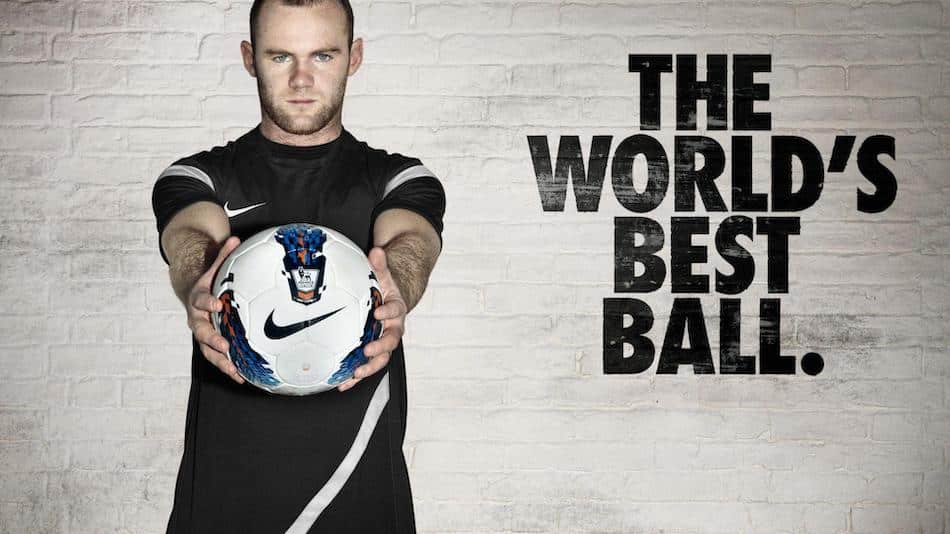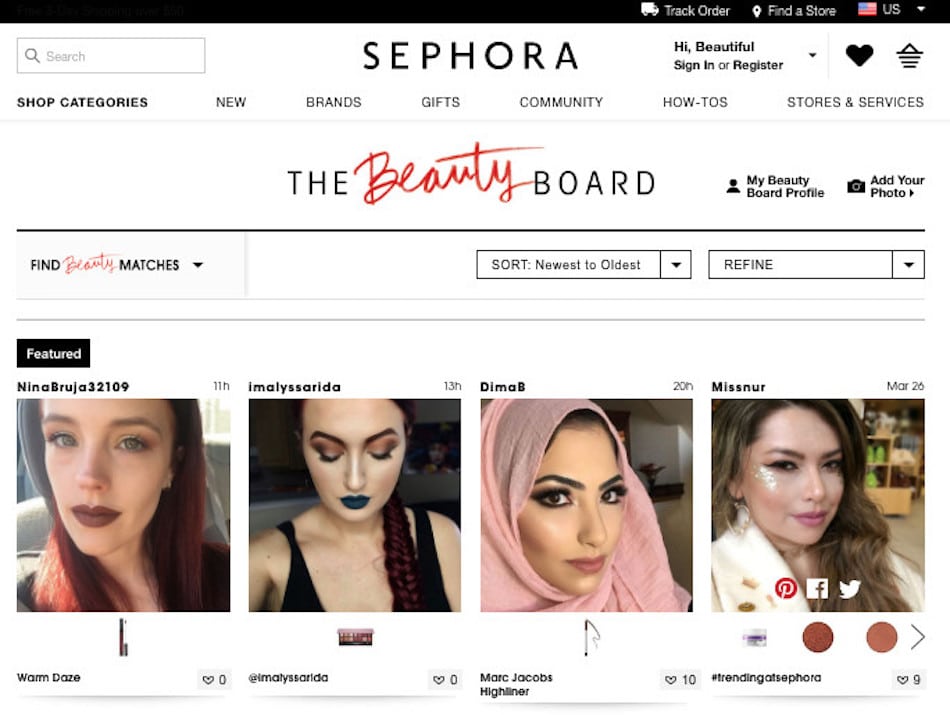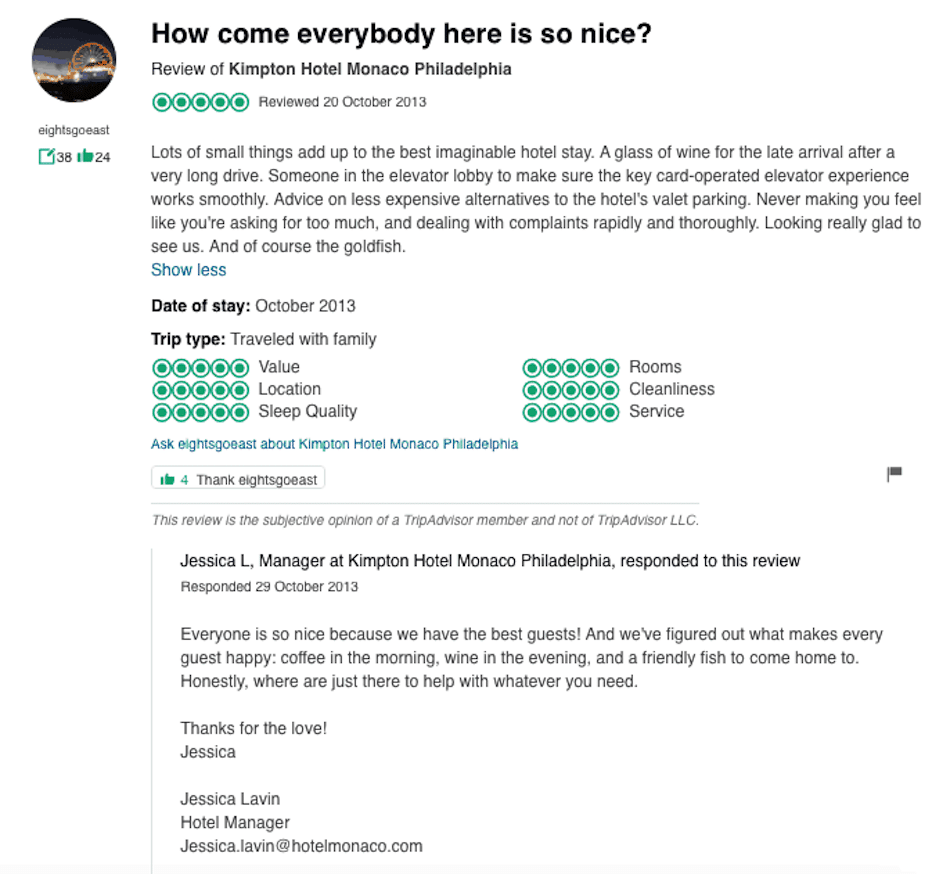
6 Ways to Leverage Social Proof in Your Social Media Management Strategy
In digital marketing, social proof has been the invisible thread that ties consumers to brands, nudging them toward a purchase based on the actions, reviews, or endorsements of others. Think about the last time you chose a restaurant because it was bustling with diners or picked a book everyone seemed to be reading. That’s social proof in action. In this phase of the social media era, brands are selling experiences, trust, and community as much as they’re selling products. There’s no better way to build that trust than by showing potential customers that others like them have already taken the leap. It pays to scrutinize the roots of social proof, its current applications, its impact on consumer behavior, and ways it can work with automation to help shape your social media content.
Understanding the Power of Social Proof
Before social media marketing, social proof had been long shaping human decisions and behaviors. Social proof refers essentially to the phenomenon of people seeking guidance from the actions and choices of others when making their decisions. We can trace this concept back to the idea that a crowd gathering around a marketplace stall indicated that it offered something worth having. A standing ovation started by a few could quickly prompt an entire theater audience to rise to their feet. These examples highlight our need for validation and our inclination toward conformity. If many others are doing something we tend to believe it’s the choice. This concept seamlessly transitioned into the modern marketing era, finding its place in reviews, endorsements, and viral trends, and continuing to strongly influence our decision-making processes.
Six Types of Social Proof
Social proof comes in various forms, each carrying its unique weight and influence. Here are the six primary types that companies use to burnish their brands and drive consumer action:
- Expert Social Proof. When an industry expert or authority endorses a product or service, it gains credibility. For instance, a skincare product recommended by a renowned dermatologist likely sees a surge in sales. Their expertise acts as a seal of approval, assuring consumers of the product’s efficacy.
- Celebrity Social Proof. When famous personalities use or promote a product, their fan base often follows suit. Examples include when Rhianna launches her Fenty clothing line or when Taylor Swift endorses Diet Coke, leading to increased consumer interest and sales.
- User Social Proof. As the most organic form of endorsement, user social proof revolves around real users sharing their genuine experiences through online reviews, testimonials, and user-generated content. A product with hundreds of positive reviews on Amazon will significantly influence potential buyers.
- Wisdom of the Crowd. Brands often capitalize on the sheer number of people endorsing their products or services. Phrases like “Over a million sold!” or “Join 10,000 subscribers!” tap into the idea that if many are doing it, it must be good.
- Wisdom of Your Friends. Personal recommendations carry a lot of weight. When your friend or family member endorses a product, it seems more trustworthy. Platforms like Facebook utilize this by showing ads with captions like “John and 3 other friends like this brand.”
- Certification Social Proof. Recognition or certification from a reputable organization can serve as potent social proof. For instance, a coffee brand that displays a “Fair Trade Certified” logo can assure consumers of ethical sourcing practices.
These types of social proof can change your brand marketing strategy. They not only build trust but also create a sense of community and belonging among consumers.

How Brands Enhance Their Social Media Strategies with Social Proof
As brands compete for consumer attention on social media, social proof emerges as a potent tool, helping brands differentiate themselves and resonate with their audience. Here’s how some leading brands have leveraged social proof to elevate their social media strategies:
Airbnb: By showcasing genuine feedback from hosts and guests, Airbnb both builds its trust reservoir and encourages new users to explore and book. Their strategy revolves around the idea that personal experiences speak louder than any advertisement.
Nike: By aligning with influential figures like LeBron James or Serena Williams, Nike leverages their vast followings, ensuring their products are seen, discussed, and desired by millions.
Sephora: By encouraging customers to share their makeup looks and product reviews, Sephora leverages user-generated content
to foster a community that often yields more impact than traditional advertising.
TripAdvisor: As a go-to platform for travelers, TripAdvisor heavily relies on user reviews, ratings, and photos to which potential travelers often turn to guide their decisions. Doing this lets TripAdvisor enable users to make informed choices, thus enhancing their brand experience.
These brands underscore how social proof in social media makes a strategic difference. The user experiences, endorsements, and recognitions that they leverage both amplify their reaching and enhance audience relationships. Social proof is a bridge that connects brands with consumers through shared experiences and trust—it’s indispensable to any social media strategy.

Top Six Ways to Integrate Social Proof into Your Social Media Strategy
Integrating social proof into your marketing strategy is essential. With the added layer of social media automation, you can amplify your social proof efforts and keep your audience engaged. Here are six ways to weave social proof into your strategy and back it with automation:
- Leverage user testimonials. You can use automated tools to streamline the way you collect and showcase genuine feedback. Automation platforms can gather testimonials and, with predefined criteria, highlight the most impactful ones on your social media, ensuring a steady stream of positive endorsements.
- Highlight celebrity or expert endorsements. You can program your social media scheduling tools to share endorsements of your products or services at peak engagement times. This ensures that your association with a celebrity or expert consistently reaches its audience without manual intervention.
- Showcase user-generated content. Your social media automation tools can work with RSS feeds to automatically curate and repost user-generated content. This can save time for digital marketers while fostering community engagement.
- Flaunt numbers through automation. You can automate the updating of real-time metrics that show follower counts, customer numbers, or other significant figures on your social media platforms. This “wisdom of the crowd” approach can help assure potential customers of your popularity and trustworthiness.
- Spotlight certifications or awards. You can use automated post-scheduling to periodically showcase industry recognition that you’ve achieved, reinforcing your authority and credibility in the industry.
- Engage with user reviews and ratings. You can set up automation tools to respond to or highlight reviews in social media posts, ensuring timely engagement. This can showcase your commitment to customer feedback and build authenticity by addressing both positive and negative reviews.
By intertwining social proof with social media automation, you can generate a dynamic and responsive social media presence for your brand. This combination not only amplifies the impact of endorsements and testimonials but also streamlines the process, letting you focus on creating meaningful connections with your audience.

The bottom line
Social proof is integral to consumer behavior. From ancient bustling marketplaces to today’s social media platforms, our need for validation and the comfort of conformity have stayed constant. For brands, it’s about building trust, fostering community, and creating a sense of belonging. Leveraging social proof enables you to connect with your audience and forge more authentic connections. Face it—we’re inundated with choices. Social proof is a beacon that can guide prospective customers toward decisions that resonate with their values and aspirations. When you pair it with automation, you can make social proof a cornerstone of your social media marketing strategy that shapes narratives and drives engagement. Learn how dlvr can help you boost your social proof game and optimize your social media strategy.
Ron Nachmann
Related Posts
IN THIS ARTICLE



